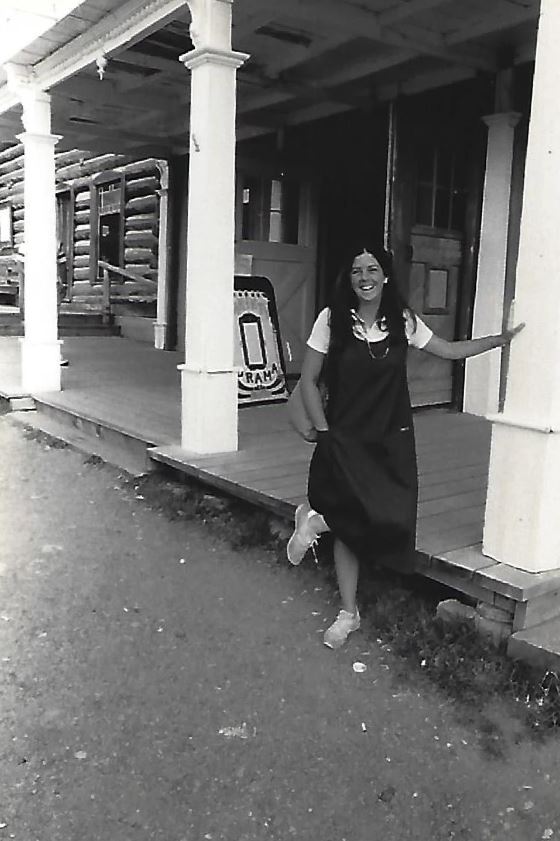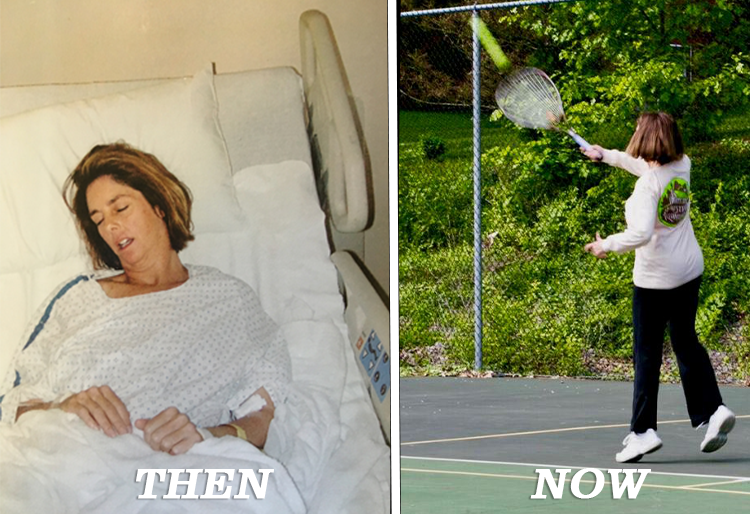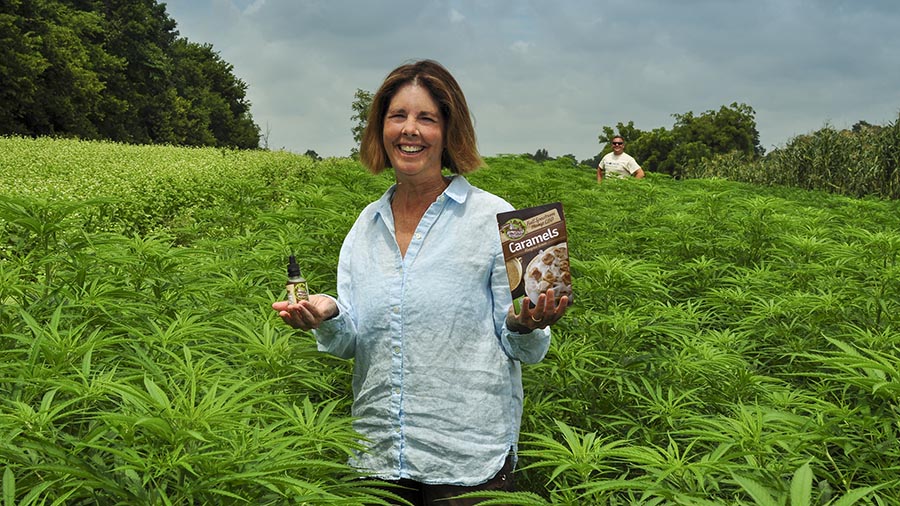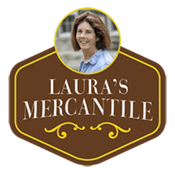Dear Friends,
I’ve turned 62, though I feel like a kid most days. It’s hard not to notice that young people are leading the charge to protect the earth’s climate, and I’m trying to stay right with them. Here on the farm we are practicing regenerative agriculture. One of my learnings from years farming is that farming well, and then merging with the industrial food system, will not bring the environmental change we need.
To see how I got here, we’ve got to flash back to 1983.
My foray into lean beef raised without antibiotics or growth hormones was part preparation and part chance. The preparation was knowing the research of Dr. Stuart Levy, who suggested feeding antibiotics to animals would lead to resistant strains and, thus, was a public health concern.
The chance part of starting Laura’s Lean Beef had to do with being told I was a “Cowbelle,” and getting kicked off the bus at the National Cattlemen’s Association meeting in Denver in 1983. More on that story here.

Just barely in maternity clothes, I was a “cow belle,” and lucky it was!
Function In Disaster
It was at one of these meetings I learned about CBD from hemp, but the first product I tried, a CBD isolate, didn’t work. So, I wrote off CBD, focusing on hemp for grain and dark chocolate for healthy candy. Later that year, a fellow hemp producer told me about full-spectrum CBD and suggested a dosage, while another person forwarded me the National Institute of Health patent on CBD.

The horseback riding accident almost did me in. It took me years to recover. With help from CBD, I can enjoy the outdoors, whether it’s on the courts or in the fields.
Finish in Style
Recovering my health gave me the drive to embark on my final mission: tackling climate change by creating a sustainable climate system.
Here’s how we’re doing it:
- Organic and Regenerative Farming: We practice organic farming, which results in superior CBD, and regenerative farming to sequester carbon. Through year-round photosynthesis on crop land, we build soil humus and stabilize organic matter in the soil. By rotating our cow herd through small, separate pastures, we mimic the natural movements of buffalo herds. We also leave delicate timberland undisturbed. These methods can sequester significant amounts of carbon at a low cost. Once we are certain these practices are feasible for other farmers and can accurately measure the carbon sequestered, I will advocate for this solution wholeheartedly.
- Supporting Our Regional Economy: We integrate into our regional economy, which benefits from reduced transportation and energy costs and creates good jobs, forming part of the climate solution. Simply sequestering carbon on the farm and linking it to the industrial food system won’t suffice. The farm is only a part of the issue; we aim to address the entire problem. Laura’s Mercantile is a job creator, prioritizing local hires, especially from eastern Kentucky counties.We’ve revitalized a building in our overlooked small town of Winchester, transforming it into Wildcat Willy’s Distillery and Farm-to-Table Restaurant. We are also developing The Moonshine Trail to spur progress in eastern Kentucky and are currently renovating an 1880 building for new Mercantile offices and two apartments.
- Building a Learning Community: My husband jokes that this means I’m always working and attending too many meetings, but it’s more than that. In Kentucky, one of the most challenging regions to address the climate crisis, we are discovering solutions. We are committed to sharing our journey, complete with all its imperfections.
By embracing these initiatives, we are paving the way for a sustainable future, both locally and globally.

Every obstacle, every solution, brings more questions. We need a community to develop a system which works to solve the climate crisis while working for our community.
Whether you are a customer, a visitor, a correspondent, or a friend — and I hope all four! — thank you for your interest in this story. Please join us. We are succeeding because we are Hemp Powered!

